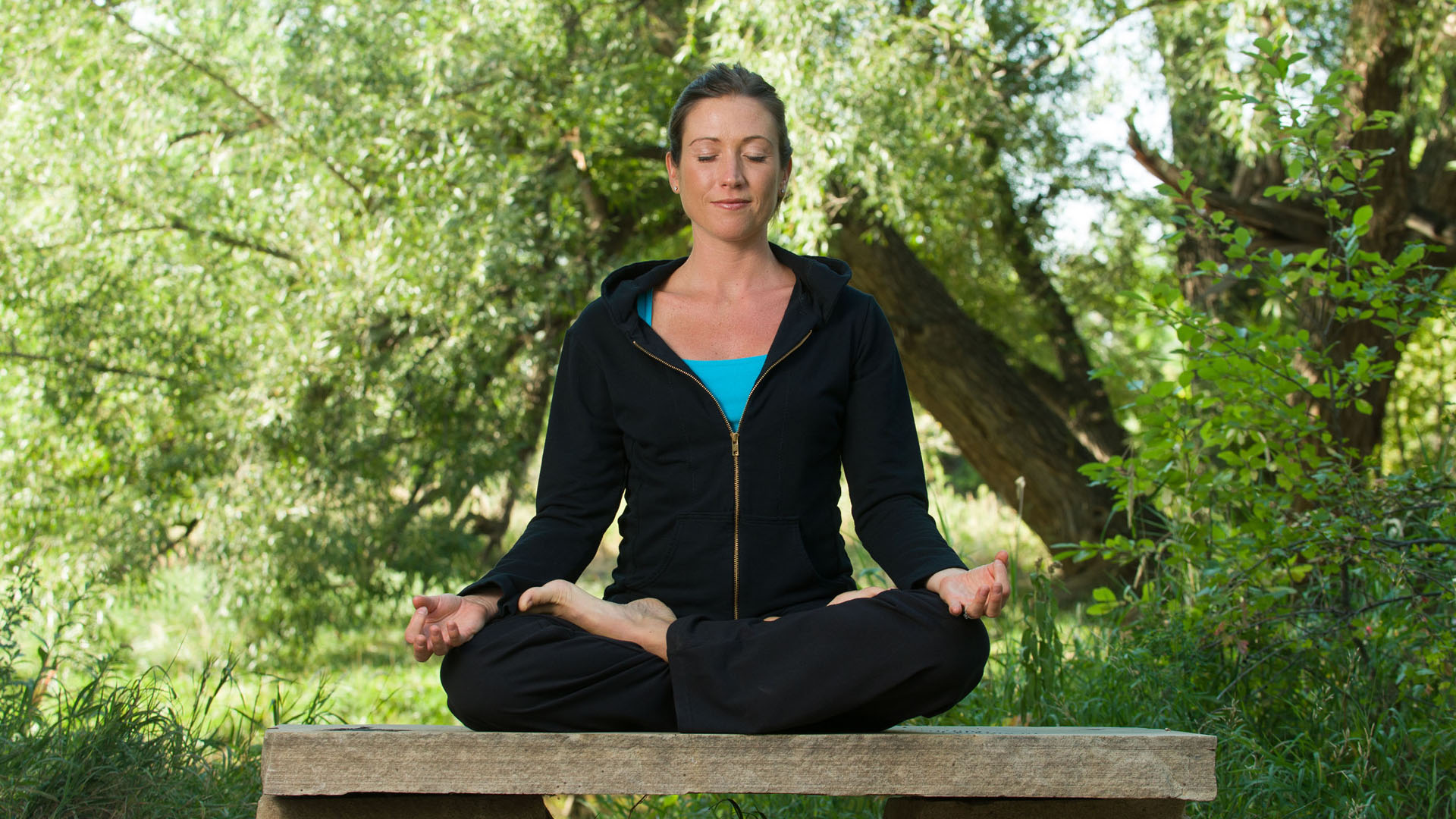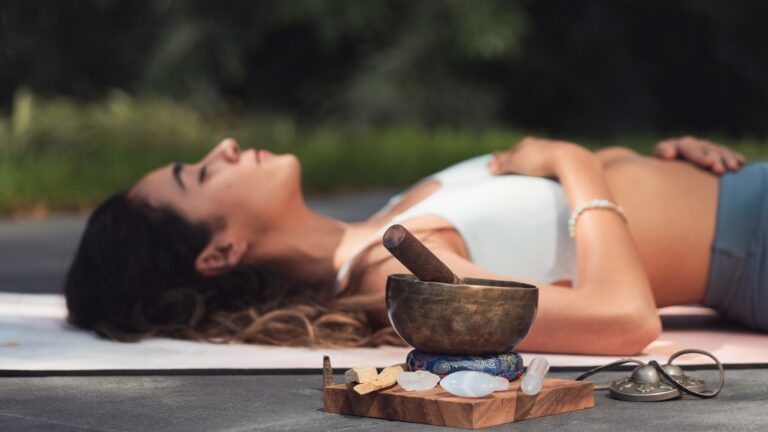Top Tips for Reducing Stress
All of us experience stress in varying degrees. Even if your daily stress is minimal, there are days, or moments in time, that can be particularly stressful. Stress isn’t good or bad in and of itself: it’s more how you perceive the event and what you feel is your ability to respond to it that creates stress. So for, example, if you have a demanding boss, your stress may grow if you feel you can’t handle her increasing demands. Continue working with the difficult boss and worrying about her needs and you could come down with chronic stress, a condition that truly can harm your health if not mitigated.
Your body responds to stress by having your central nervous system go into “fight or flight” mode, during which your heart races and your blood pressure rises. Your brain’s hypothalamus also tells your adrenal glands to release adrenaline and cortisol throughout your body. If the stress remains constant, your body continually releases cortisol and adrenaline, which can take a true toll on your health: you could develop constant high blood pressure, heart disease, diabetes, obesity, and more.
But here’s the good news: there are several things you can do to reduce chronic stress. Things like: exercise, get 7-8 hours of sleep each night, eat healthful food, be around people you love as much as possible, and so on.
But you no doubt you already know about these tips, so we’ve put together a shortlist of seven stress-relieving ideas you may not have heard of that can help alleviate your stress.
1. Meditate.
Meditation is proven to reduce stress. It also can help you keep it at bay. Practice meditation at least once a day for a few weeks and you should notice that what once caused you considerable stress no longer does so.
2. Drink tea.
Drinking a few cups of tea a day can help keep chronic stress at bay by helping you recover from life’s daily stresses.
3. Have more sex.
There are actually quite a few health benefits of having sex. In fact, regular sex can result in lowering the physical effects of stress. Sex also causes your body to release the “love” hormone oxytocin, which triggers feelings of closeness and compassion.
4. Breathe in lavender scents.
Lavender oil can provide a “significant decrease” in stress, according to at least one study. Consider lighting a lavender candle or placing lavender sachets around your home for constant, peaceful breathing. Having a small roll-on bottle of lavender in your purse to put on during moments of stress works wonders. The mere act of recognizing the situation as stressful and taking action to remedy it dissipates the stress.
5. Laugh more.
Laughter truly can be good medicine, as it increases blood flow throughout your body. A 2006 study found that the blood flow of those who watched a comedy (movie) increased by 15 percent, while those who watched a movie drama saw their blood flow decrease.
6. Shop less during the holidays.
Giving gifts can be a wonderful thing, bringing joy to the receiver as well as to the giver. But our modern holiday season is all about buy, buy, buy and do, do, do for others, causing considerable stress for those who are strapped for time or finances.
Instead, focus less on the gift giving and the doing and slow down to enjoy all the sounds, smells, and delights the holiday brings. As for gifts this year, why not speak to family to see if a limit on the number and price of gifts would be welcome. Try a gift exchange in which each family member pulls out another family member’s name from a hat and then each of you finds one gift only for that one person. Or, instead of stressing over “the perfect gift”, consider giving practical gifts this year. Edibles, wearables and experiences are always welcome and can help reduce stress for the receiver who might otherwise have to find space for something they don’t really need.
7. Try yoga.
Yoga has many health benefits, not the least of which is reducing stress and anxiety. It works to enhance your overall sense of peace and well-being and can also reduce your risk of heart disease, high blood pressure and other chronic conditions.




[…] amazing how much less stressed you’ll feel if you exercise, perform yoga, meditate, or even just go for a walk. Taking this time away from […]